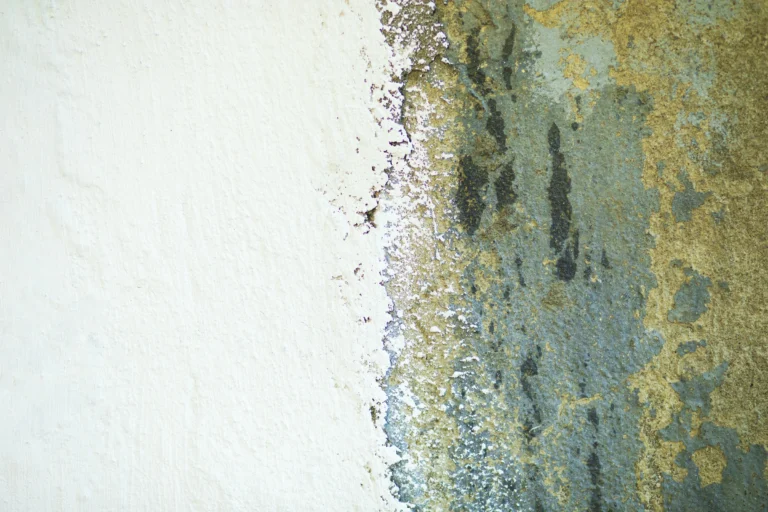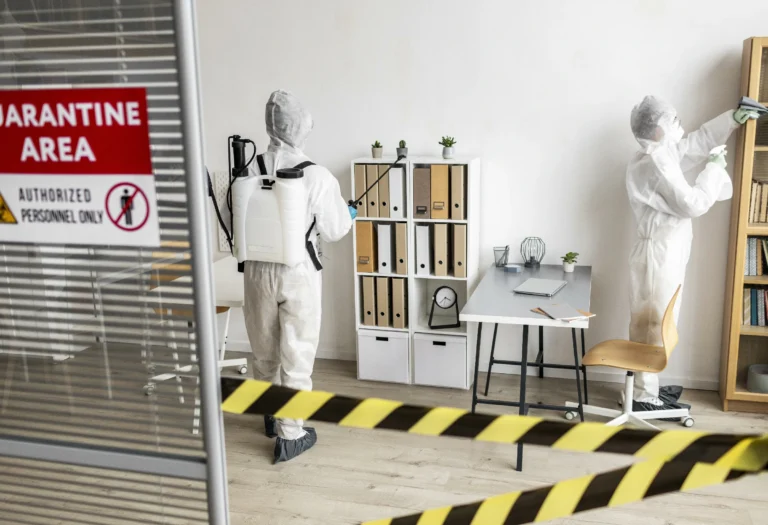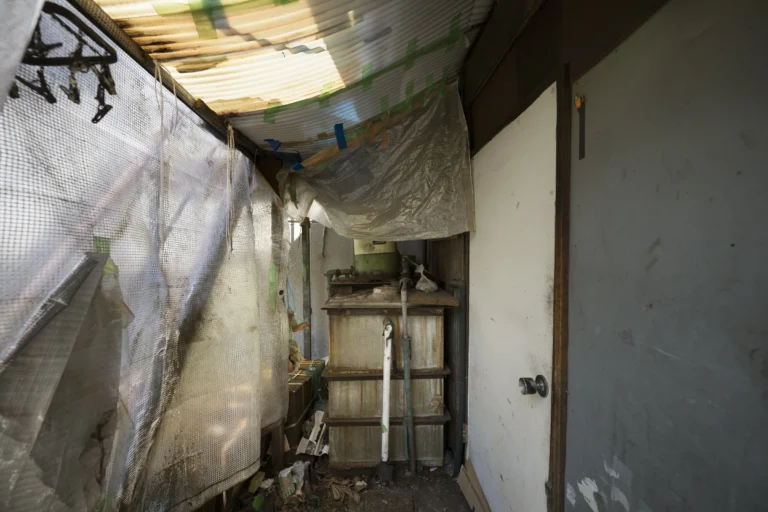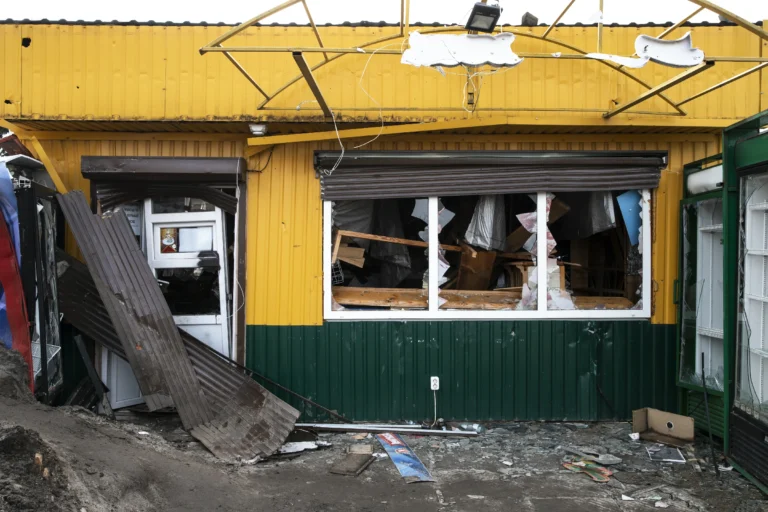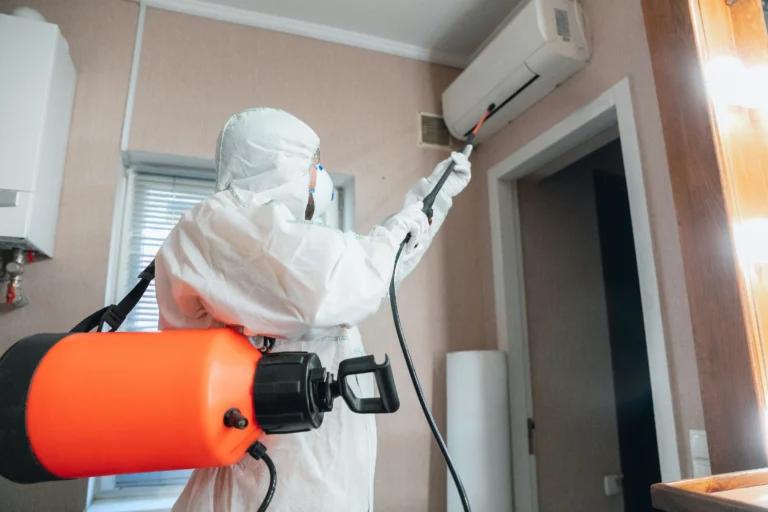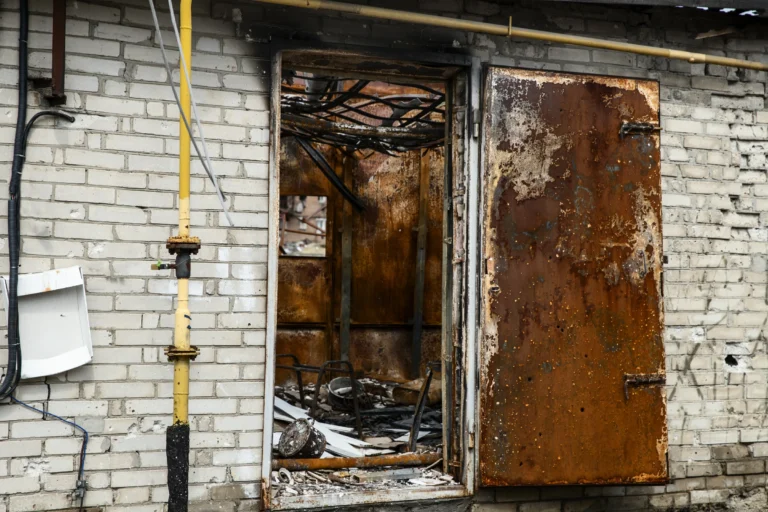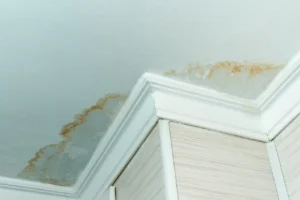A flooded basement is one of the most frustrating challenges homeowners can face. Whether caused by heavy rain, melting snow, or plumbing mishaps, basement flooding can lead to costly repairs, damage to personal belongings, and long-term structural issues. Despite being a common problem, many homeowners are unprepared for the stress and complexity it brings.
Flooded basements can result from a variety of factors, including natural disasters, internal plumbing failures, or weaknesses in your home’s foundation. Each situation requires swift action and careful attention to prevent further damage.
This article aims to guide you through practical solutions for repairing and preventing basement flooding. With these tips, managing a flooded basement becomes less overwhelming, empowering you to protect your home and avoid future incidents.
Why Do Basements Flood? Common Causes
Understanding why basements flood is the first step in preventing and addressing this common issue. Here are the primary causes that contribute to a flooded basement:
Natural Causes: Heavy Rain, Snow Melt, and Rising Groundwater
Heavy rainfall and melting snow are the leading culprits behind basement flooding. When large amounts of water accumulate around your home, the soil becomes saturated, increasing hydrostatic pressure on your basement walls. This pressure can push water through even the smallest cracks in your foundation. Similarly, rising groundwater levels in flood-prone areas can overwhelm basement drainage systems, leading to unexpected flooding.
Structural Causes: Foundation Cracks and Improper Sealing
Over time, foundations can develop cracks or weaknesses, especially in older homes. Poor sealing around windows, doors, or the foundation itself allows water to seep in during storms or periods of high moisture. Homes without proper waterproofing or drainage systems are particularly vulnerable, as even minor structural issues can escalate into significant flooding problems.
Plumbing Failures: Leaky Pipes and Sump Pump Malfunctions
Internal plumbing issues are another common cause of basement flooding. A burst or leaky pipe can quickly fill your basement with water, especially if the issue goes unnoticed. Additionally, sump pumps, which are designed to prevent flooding, can fail due to mechanical issues or power outages. When a sump pump doesn’t work as intended, it can leave your basement defenseless against water intrusion.
By understanding these causes, you can identify potential vulnerabilities in your home and take proactive measures to avoid a flooded basement in the future.
What to Do When You Discover a Flooded Basement
Finding a flooded basement can be overwhelming, but acting quickly and carefully can minimize damage and make the recovery process more manageable. Follow these steps to address the issue effectively:
Immediate Steps for Safety
Safety should always be your first priority when dealing with a flooded basement.
- Shut off electricity: Water and electricity are a dangerous combination. Turn off the power to the basement from your circuit breaker to avoid electrocution risks.
- Check for gas leaks: If you detect a gas smell or hear a hissing sound, evacuate your home immediately and contact your utility provider.
- Document the damage: Take photos and videos of the flooding and any affected belongings. This documentation will be invaluable for insurance claims or professional repair estimates.
Removing the Water
Once it’s safe to proceed, focus on removing the water as quickly as possible to prevent further damage.
- Use a wet/dry vacuum or sump pump: For minor flooding, these tools can be effective in extracting water.
- Hire a professional: For extensive flooding, especially involving sewage or contaminated water, it’s best to call in experts equipped to handle the cleanup safely.
- Know your limits: If the water is deeper than a few inches or if structural damage is apparent, it’s safer to seek professional help.
Drying Out the Area
Proper drying is essential to prevent mold growth and structural damage.
- Set up fans and dehumidifiers: Position fans to circulate air and use dehumidifiers to reduce moisture levels in the space.
- Open windows and doors: If weather permits, ventilate the basement by opening windows and doors to allow fresh air to flow in.
- Inspect hidden areas: Ensure that areas behind walls, under flooring, and within insulation are thoroughly dried. These hidden pockets can harbor mold if left damp.
By following these steps, you can start reclaiming your basement and mitigating the long-term impacts of flooding. Remember, prompt action is key to minimizing damage and keeping your home safe.
Repairing and Cleaning a Flooded Basement
Once the water is removed and the area is dry, the next step is to repair the damage and restore your basement to a safe and functional state. Here’s how to approach the process:
Assessing and Fixing Structural Damage
Flooding can compromise your basement’s structural integrity, so a thorough inspection is essential.
- Check for foundation cracks: Examine walls and floors for visible cracks or gaps. Hairline cracks might be manageable with sealants, but larger cracks could indicate serious structural issues.
- Inspect walls and supports: Look for signs of bowing or bulging walls, which may need immediate attention from a professional.
- Consult a professional: If you notice significant damage or are unsure about the safety of your foundation, hire a structural engineer or foundation specialist to assess the situation and recommend repairs.
Cleaning and Sanitizing the Space
Flooded basements often leave behind debris, dirt, and harmful bacteria, particularly if the water was contaminated.
- Remove debris: Clear out any remaining debris, damaged furniture, and ruined belongings. Wear protective gloves and masks while cleaning.
- Sanitize surfaces: Use a bleach solution (1 cup of bleach to 1 gallon of water) or a commercial disinfectant to clean walls, floors, and other hard surfaces. This will help kill bacteria and prevent mold growth.
- Prevent mold: Mold can begin to grow within 24-48 hours after flooding. Use mold inhibitors and keep the area well-ventilated to stop it from spreading.
Replacing Damaged Materials
Not all materials in a flooded basement can be salvaged, and some may need to be replaced to ensure the area is safe and habitable.
- Drywall and insulation: These materials are highly absorbent and often need to be removed and replaced, especially if soaked for extended periods.
- Flooring: Carpets, padding, and wood flooring typically need replacement after significant water exposure, while tile or concrete may be salvageable with proper cleaning.
- Electrical systems: Have a licensed electrician inspect and replace any damaged wiring, outlets, or appliances to prevent future hazards.
- When to repair vs. replace: Base your decision on the extent of the damage, the material’s ability to be thoroughly cleaned and dried, and the potential for future problems.
By taking these steps to repair and clean your flooded basement, you’ll not only restore its functionality but also prevent lingering issues like mold, odors, and structural weakness. A well-executed cleanup ensures a safe and healthy environment for years to come.
Preventing Future Basement Flooding
While addressing the aftermath of a flooded basement is crucial, taking preventive measures is just as important to avoid future issues. Implementing these strategies can protect your basement from water damage and give you peace of mind.
Waterproofing Solutions
One of the most effective ways to prevent basement flooding is through comprehensive waterproofing techniques.
- Seal foundation cracks: Inspect your basement walls and floors for cracks, and seal them with a high-quality epoxy or polyurethane sealant to block water entry.
- Apply waterproof coatings: Coat basement walls with waterproof paint or other barrier materials to create an extra layer of protection against moisture.
- Install French drains: French drains, which redirect water away from your home’s foundation, can be highly effective in managing groundwater and heavy rain.
Installing Sump Pumps and Backflow Valves
Investing in proper equipment can significantly reduce the risk of basement flooding.
- Sump pumps: These devices pump out water that accumulates in a designated pit, preventing it from pooling in your basement. Ensure your sump pump is properly installed and maintained, and consider a backup system in case of power outages.
- Backflow valves: Installing backflow prevention valves in your home’s plumbing can stop sewage and water from backing up into your basement during heavy storms or drainage system failures.
Regular Maintenance Tips
Consistent upkeep of your home’s drainage systems and surroundings can prevent potential flooding.
- Clean gutters and downspouts: Ensure they are free from debris to allow rainwater to flow away from your home effectively.
- Inspect drainage pipes: Check that exterior drains are clear and functioning properly to avoid water pooling around the foundation.
- Regular basement inspections: Periodically check for signs of leaks, dampness, or early mold growth in your basement. Catching small issues early can prevent larger problems.
By taking proactive steps such as waterproofing, installing essential equipment, and maintaining your drainage systems, you can significantly reduce the likelihood of a flooded basement and protect your home from costly repairs. Prevention is the best defense against water damage.
hen to Call a Professional for Basement Flooding
While some minor flooding incidents can be handled with a bit of DIY effort, more complex situations require professional intervention to ensure your home is safe, secure, and protected against future damage. Here’s when it’s essential to call a professional and why Alpha Construction is your ideal partner for basement flooding solutions.
Signs You Need Expert Help
Certain scenarios make professional assistance a necessity:
- Deep or extensive flooding: Significant water accumulation can weaken your home’s foundation and walls, demanding specialized equipment and expertise to address.
- Sewage backup: Contaminated water from sewage systems is hazardous and requires professional-grade cleaning to eliminate bacteria and harmful pathogens.
- Widespread mold growth: Mold can pose serious health risks and often spreads beyond visible areas. Professionals like Alpha Construction are equipped to identify and remediate hidden mold effectively.
- Structural issues: Cracked foundations, damaged walls, or sagging floors are clear indicators that your home’s structural integrity needs professional repair.
Why Choose Alpha Construction for Basement Flooding Solutions?
When it comes to protecting your home and ensuring a thorough restoration, Alpha Construction stands out as a trusted name in the industry. Here’s why we’re the right choice:
Comprehensive Expertise
We offer a full range of services to handle every aspect of basement flooding—from water extraction and drying to structural repairs, mold remediation, and waterproofing. Our skilled team ensures your home is restored to its original condition or better.Certified Professionals
Our team is fully certified, following industry-leading standards to provide the highest quality restoration services. With certifications like IICRC, you can trust us to handle your home with care and precision.Fast and Reliable Response
Time is critical when dealing with flooding. At Alpha Construction, we prioritize quick response times to minimize damage and get your home back to normal as soon as possible.Customized Solutions
Every home is unique, and so are its challenges. We tailor our repair and prevention strategies to suit your specific needs, ensuring long-term protection against future flooding.Proven Track Record
With years of experience and countless satisfied clients, we have built a reputation for reliability, quality, and exceptional customer service. Don’t just take our word for it—browse our testimonials to see how we’ve helped homeowners like you.
How We Can Help
Whether you’re dealing with severe flooding or looking to prevent future issues, Alpha Construction has the expertise and resources to:
- Safely remove standing water.
- Repair structural damage to your basement.
- Fully sanitize and dry your space to prevent mold.
- Implement waterproofing solutions like French drains, sump pumps, and sealing.
When you choose Alpha Construction, you’re not just hiring a service—you’re gaining a partner committed to protecting your home and peace of mind.
Ready to Act? Contact Alpha Construction Today!
Don’t let a flooded basement disrupt your life. Contact Alpha Construction today for professional, reliable basement repair and flood prevention solutions. Let us help you safeguard your home for years to come.
Mold Remediation Service “Effective Solutions for Mold Challenges” Mold Remediation Mold infestations can be more than just an unsightly issue; they …
Biohazard/Crime Scene Cleaning “Professional and Compassionate Cleanup Solutions” Biohazard/Crime Scene Cleaning Service Handling biohazard and crime scene situations requires not only technical …
Water Damage Restoration “Rapid, Reliable Solutions for Water Damage Emergencies” Water Damage restoration Water damage can strike when you least expect …
Storm/Disaster Recovery “Rapid Response for Weather-Related Emergencies” Storm/Disaster Recovery When storms or disasters strike, the aftermath can be overwhelming. Alpha Construction & …
Odor Removal Service “Eliminating Unpleasant Odors, Restoring Freshness” Odor Removal Service Unpleasant odors in your home or business can be more than …
Fire & Smoke Damage “Expert Care for Your Fire-Damaged Property” Smoke & Fire Damage Experiencing fire damage can be a traumatic …



